
Critics are fighting back against the new Penguin Classics edition of John Okada’s 1957 novel No-No Boy, reports The New York Times.
The novel is considered an Asian American classic, centered on a Japanese American draft resister in World War II. Penguin Classics has lauded its re-release as “groundbreaking,” being “the first ever Japanese American novel and Okada is the first Japanese American writer published in Penguin Classics.” But to University of Washington English professor Shawn Wong, the decision is a “moral outrage,” ignoring copyright claims and the wishes of the Okada family.
“We acted in good faith to pursue No-No Boy for publication,” Penguin Classics said in a statement. “Our intent is to continue important conversations around No-No Boy through its inclusion in the Penguin Classics series.”
Wong said he and some friends found a copy of No-No Boy in a used bookstore in 1971 and had it copyrighted and republished in 1976 with permission from the author’s widow, Dorothy Okada.
According to NBC News, Wong said they transferred the rights in 1979 to the University of Washington Press after 6,000 copies were sold. The novel became a literary classic, selling more than 157,000 copies and with the press paying royalties to the Okada family.
LATEST STORIES
“Penguin’s edition not only tramples on my copyright for the Okadas but also sidesteps paying royalties to the Okadas because they claim the book is in the public domain, which is so, so morally wrong,” said Wong.
Penguin Classics claims the novel is in the public domain and was never copyrighted in the U.S. The company also asserts that Wong’s copyright registration covers only the introduction to the 1976 edition and not the underlying work.
“The only copyright registration on file with the Copyright Office related to No-No Boy is for the 1976 introduction by Lawson Fusao Inada, which we did not reproduce in our edition,” said Yuki Hirose, Penguin’s Vice President, Associate General Counsel.
The novel was first published in Japan by an English-language publisher, but the author is American, complicating the copyright status.
Dorothea Okada, John Okada’s daughter, said her family didn’t know of any issues with their claim to the copyright and that Penguin Classics never contacted the family before the new edition was published. While the Okadas still receive royalties from the University of Washington Press, it’s unclear if they will be getting any compensation from Penguin. Hirose declined to say whether the Okadas will receive royalties but claimed Penguin would contact the family directly.
“The university press has done a really good job guiding the book, so we were really happy with what they’ve been doing, and I don’t think a bigger press would do anything for it,” said Dorothea Okada. “We would never change publishers.”
“We fully investigate the copyright status of any work that is going into our classics program,” said Hirose. “According to U.S. Copyright Office records, the 1957 edition was never registered and therefore is not afforded copyright protection in the U.S.”
Born in Seattle in 1923, John Okada was a student at the University of Washington when he and his family were sent to Minidoka War Relocation Center in Idaho in 1942. Okada voluntarily enlisted and was a radio signal interceptor for reconnaissance missions over the Japanese coast and served among United States occupation forces in Japan.
He later went to Teachers College at Columbia University for his master’s, eventually settling with his wife in Detroit where he wrote No-No Boy.
The novel is centered on Ichiro Yamada, who is sent to an incarceration camp and refuses to join the U.S. military during World War II, leading to two years in prison. Okada’s biographer, Frank Abe, says that Okada based Yamada on a friend who was sent to prison for refusing the draft. The novel explores the Japanese American identity during and post-war, as Yamada faces ostracism form the Japanese American community for refusing to serve while many others in his community did.
No-No Boy was rejected by several American publishers and eventually printed in 1957 by a Japanese publisher, Charles Tuttle, who printed 1,500 English-language hardcover copies in Japan that were shipped to the U.S. However, it was too painful a topic for many Japanese Americans, who were still recovering from the damage of the war, so the novel faded into obscurity.
After Okada’s death, Wong and friends Jeffery Paul Chan, Frank Chin, and Lawson Fusao Inada made it a mission to republish the novel. Several American publishers rejected it so they ended up raising money to publish it themselves, eventually transferring the publication rights to the University of Washington Press. It remains one of the press’s best sellers.
Wong hopes readers continue to support the Washington Press edition, noting that it’s the only one with the approval of the Okada estate. So far, he has the support of Pulitzer Prize winner Viet Thanh Nguyen.
I am very disappointed in @PenguinClassics @PenguinBooks @penguinusa for appropriatingJohn Okada's NO NO BOY. I teach NO NO BOY in all my Asian American literature courses. I will continue to use the University of Washington Press edition and encourage you all to do the same. https://t.co/umyd1De5Kx
— viet thanh nguyen (@viet_t_nguyen) June 5, 2019
“I worked harder at getting this book published than getting my own books published,” said Wong. “The publishing history of the book is almost as important as the book itself.”
AsAmNews has Asian America in its heart. We’re an all-volunteer effort of dedicated staff and interns. Check out our Twitter feed and Facebook page for more content. Please consider interning, joining our staff or submitting a story.


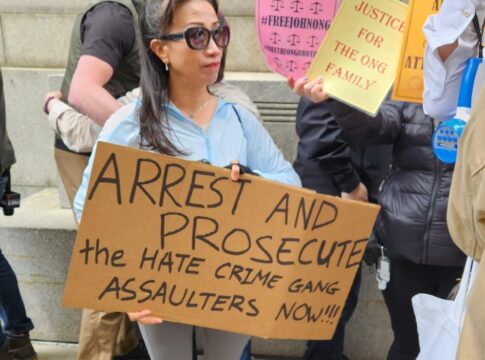
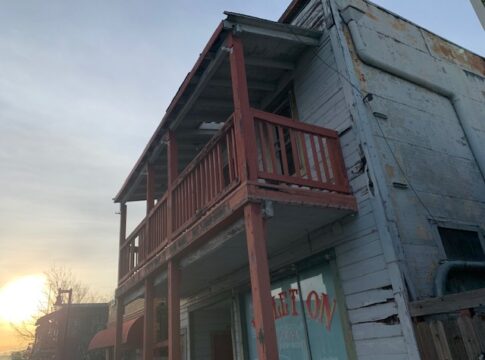
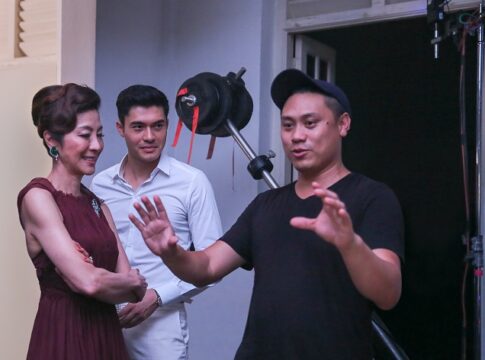
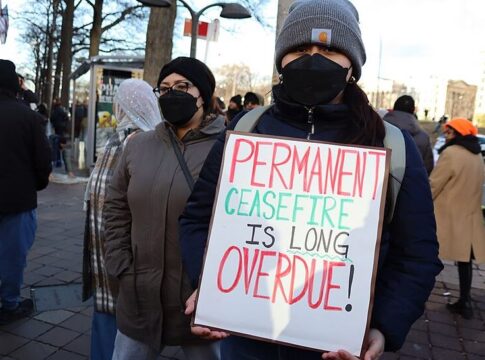
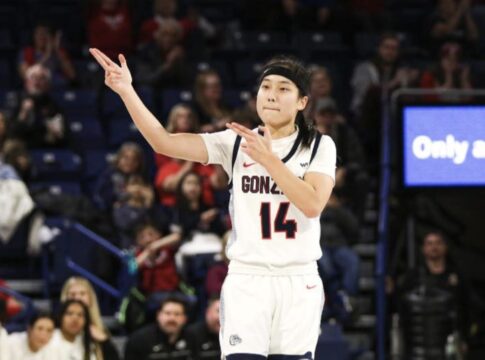


RE: Dispute Arises over Republished Version of Japanese American Classic, No No Boy: While this is a book I recommend all the time for people to read, it is sad what Penguin is doing. They should have contacted the University out of respect for John Okada and his family. This is his personal story! NoNo boys is on my favorite reading list!! Awesome book! Read it for a literature course.